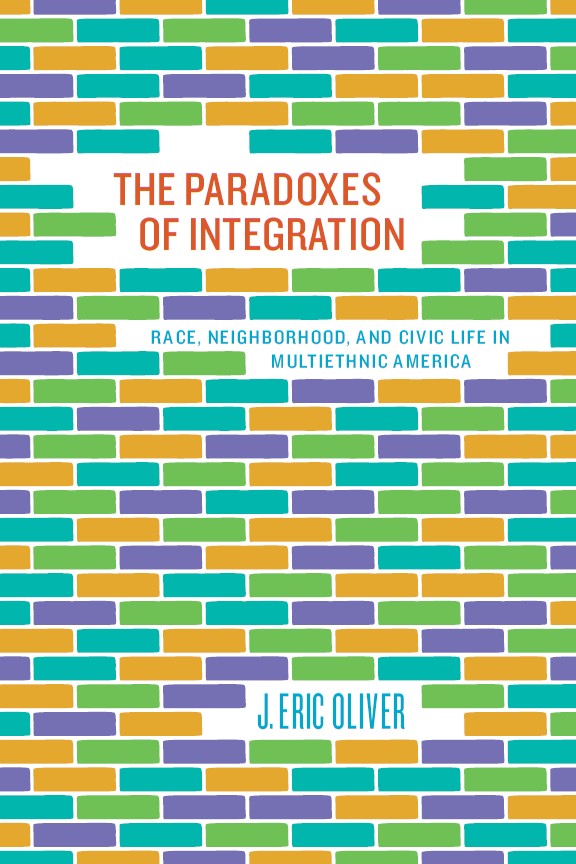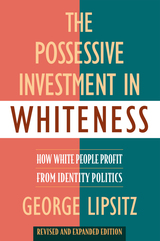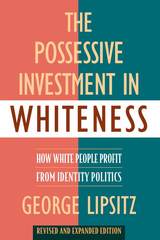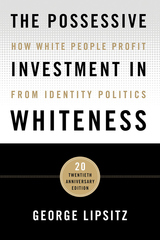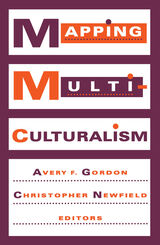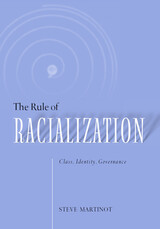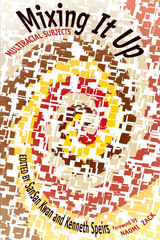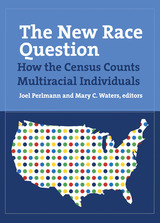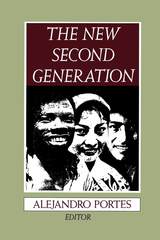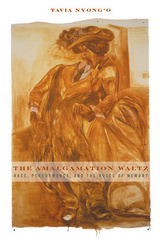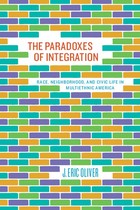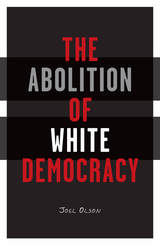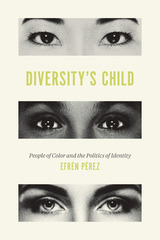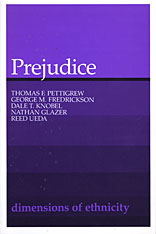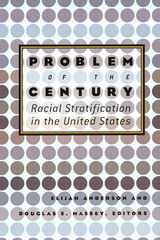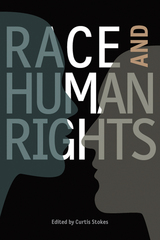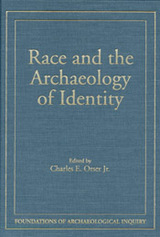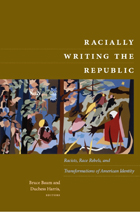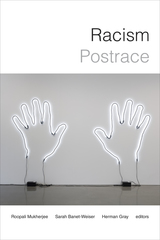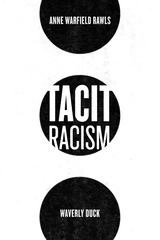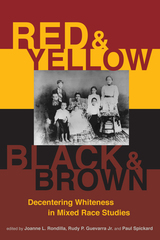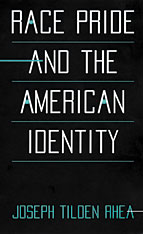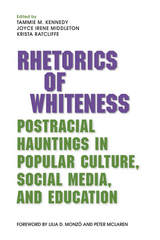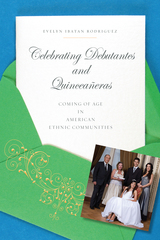Paper: 978-0-226-62663-5 | eISBN: 978-0-226-62664-2 | Cloth: 978-0-226-62662-8
Library of Congress Classification E184.A1O43 2010
Dewey Decimal Classification 305.800973
The United States is rapidly changing from a country monochromatically divided between black and white into a multiethnic society. The Paradoxes of Integration helps us to understand America’s racial future by revealing the complex relationships among integration, racial attitudes, and neighborhood life.
J. Eric Oliver demonstrates that the effects of integration differ tremendously, depending on which geographical level one is examining. Living among people of other races in a larger metropolitan area corresponds with greater racial intolerance, particularly for America’s white majority. But when whites, blacks, Latinos, and Asian Americans actually live in integrated neighborhoods, they feel less racial resentment. Paradoxically, this racial tolerance is usually also accompanied by feeling less connected to their community; it is no longer "theirs." Basing its findings on our most advanced means of gauging the impact of social environments on racial attitudes, The Paradoxes of Integration sensitively explores the benefits and at times, heavily borne, costs of integration.
See other books on: Ethnic neighborhoods | Integration | Minorities | Neighborhood | Social integration
See other titles from University of Chicago Press
